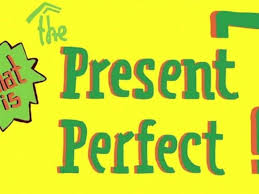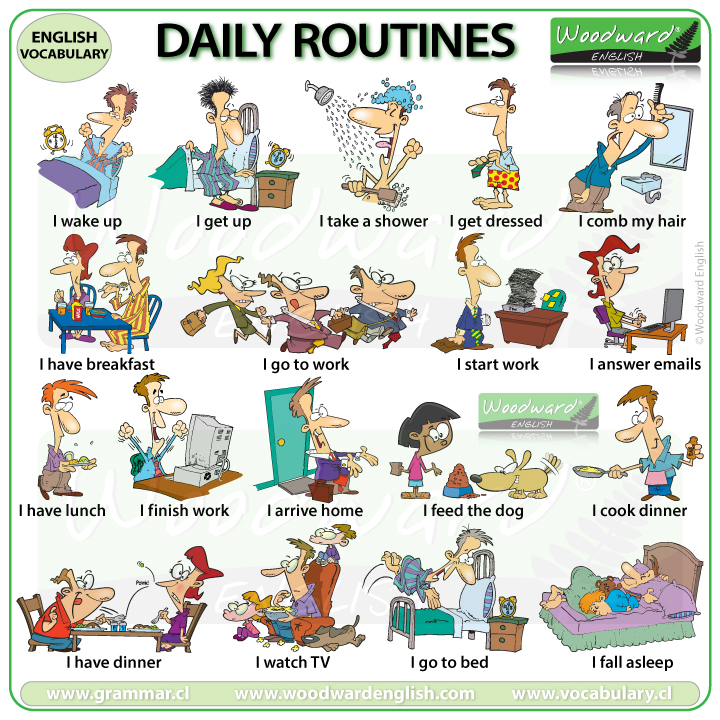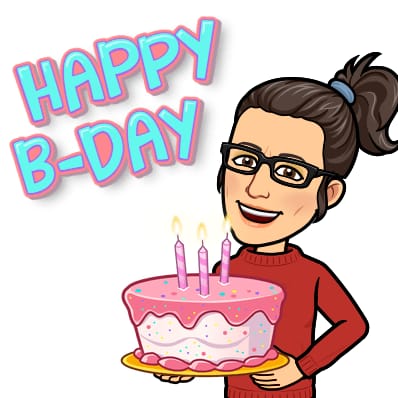
O Present Perfect é um tempo verbal que conecta o passado com o presente. Ele é usado para expressar ações ou situações que:
✅ Começaram no passado e continuam até o presente;
👉🏻 Normalmente usado com for (há) e since (desde).
I have lived here for five years.
She has worked there since 2010.
✅ Experiências de vida que aconteceram em um passado indefinido (sem mencionar o momento exato);
👉🏻 Foco na experiência, não no momento específico.
I have visited Japan. (Eu visitei o Japão.)
✅ Resultados ou consequências no presente
👉🏻 Algo que aconteceu no passado, mas tem efeito agora.
I have lost my keys. (Perdi minhas chaves.) → Não consigo entrar em casa agora.
He has broken his arm. (Ele quebrou o braço.) → Está com o braço imobilizado agora.
🌟 FORMAÇÃO DO PRESENT PERFECT
👉🏻 [Sujeito] + have/has + past participle (particípio passado)
| Tipo | Estrutura | Exemplo |
|---|---|---|
| ✅ Afirmativa | Sujeito + have/has + past participle | I have visited Japan. (Eu visitei o Japão.) |
| ❌ Negativa | Sujeito + have/has + not + past participle | I have not (haven’t) visited Japan. (Eu não visitei o Japão.) |
| ❓ Interrogativa | Have/Has + sujeito + past participle? | Have you visited Japan? (Você já visitou o Japão?) |
🛠 MARCADORES COMUNS DO PRESENT PERFECT
Just (acabou de) – I have just finished my homework.
Already (já) – She has already seen that movie.
Yet (ainda/não) – Have you finished yet? (Você já terminou?) She hasn’t arrived yet.
Ever (alguma vez) – Have you ever been to London?
Never (nunca) – I have never eaten sushi.
For (há/por) – I have known him for 10 years.
Since (desde) – We have lived here since 2015.
🚨 ERROS COMUNS NO PRESENT PERFECT
❌ ❌ Não usar o Present Perfect com tempo definido (yesterday, last week, in 2010…)
✔ I visited Japan in 2010. (Simple Past)
❌ I have visited Japan in 2010.
❌ ❌ Usar o Simple Past quando o impacto da ação ainda é relevante
✔ I have lost my wallet. (Importa agora porque ainda está perdida.)
❌ I lost my wallet. (Só usamos o Simple Past se o foco for no momento em que perdeu.)
🎯 EXERCÍCIOS
- Cheque seu conhecimento através deste teste online, mas faça anotações no seu caderno para maior retensão do conteúdo.
2. Complete com o Present Perfect:
- I (not / work) ____________________ today.
- She (finish) ____________________ her homework already.
- We (buy) ____________________ a new lamp.
- We (not / plan) ____________________ our holiday yet.
- Have you ever (try) __________ sushi?
- Where (be / you) ____________________ ?
- He (write) ____________________ five letters.
- They (live) ____________________ in this house since 2018.
- He ______ just (arrive) __________.
- She (not / see) ____________________ him for a long time.
- (be / you) ____________________ at school?
- School (not / start) ____________________ yet.
- (speak / he) ____________________ to his boss?
- No, he (have / not) ____________________ the time yet.
RESPOSTAS EXERCÍCIO 2
- have not worked
- has finished
- have bought
- have not planned
- tried
- have you been
- has written
- have lived
- has just
- has not seen
- Have you been
- has not started
- Has he spoken
- he hasn’t had
🌟 BONUS
Assista a este vídeo, que mostra o caminho inverso, a visão de Gavin, um falante nativo de inglês, aprendendo português.






